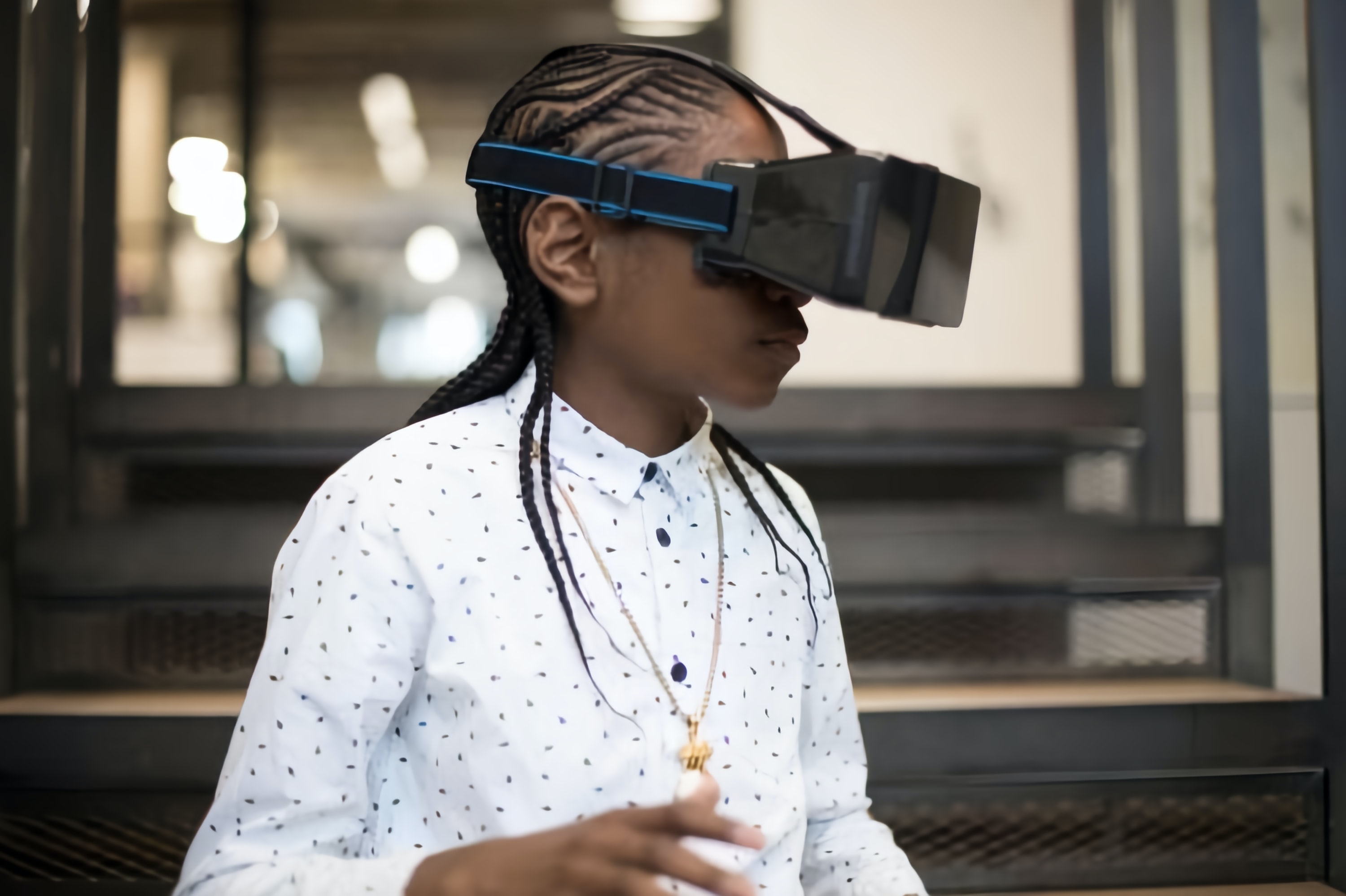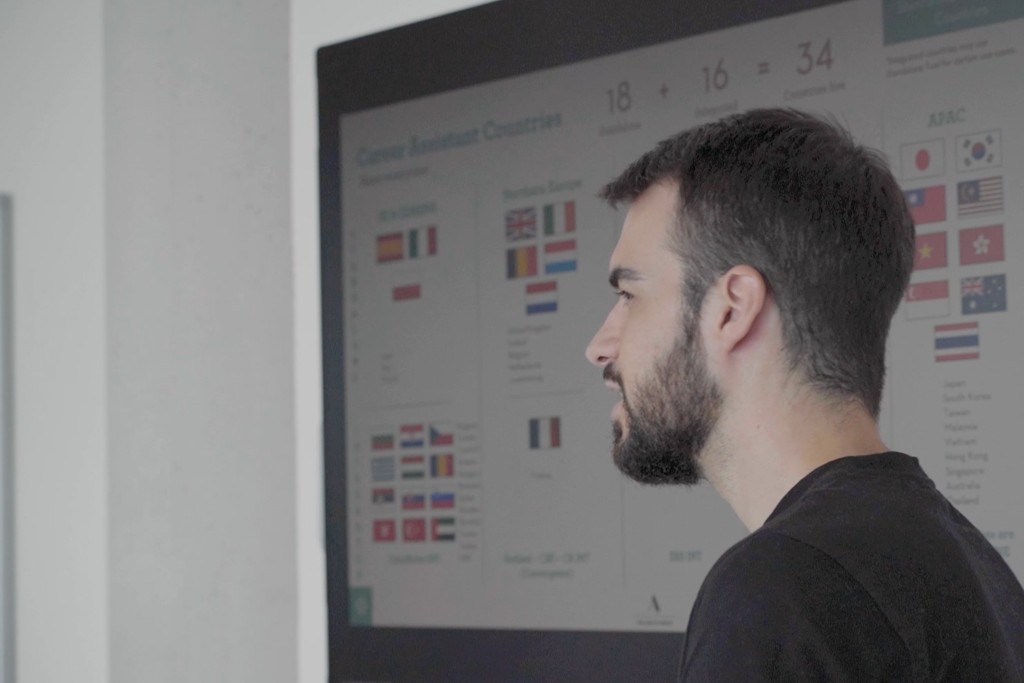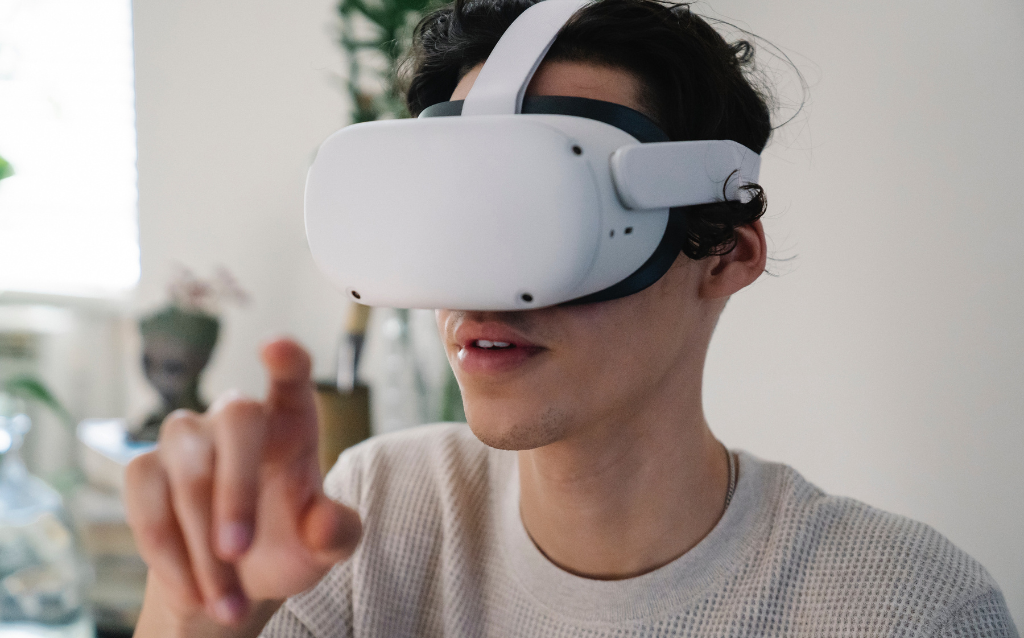What else matters this week?
A better way to recognize your employees.
UK labour market exodus drives jobless rate down to 3.5%.
The importance of a digital mindset in the shifting future of work.
The link between upskilling and mental health.
Measuring productivity only tells half the story.
We’ve got a full breakdown of all the top headlines you can’t miss this week.
#1. Say goodbye to pandemic-era lavish company perks.
Say goodbye to free catered meals, first-class travel and free coffee carts. Companies like Goldman Sachs and Salesforce are cutting back on employee perks, many of which were first introduced during the pandemic. The perks were meant to draw top talent and retain existing staffers. But those perks are slowly disappearing as workers are asked to return to the office. Read more here.

#2. L’Oreal and Meta jump into the metaverse.
L’Oréal, Meta and French business school HEC Paris are joining forces to launch a start-up acceleration program in the metaverse. At least five start-ups will specialize in 3D production, augmented reality (AR), virtual reality (VR), mixed reality, avatar creation, portability in user experience, token economy or other topics related to the metaverse.
“It brings a lot of young talents together. They’re the future. Imagine the massive creative energy that it generates,” says L’Oréal chief digital and marketing officer Asmita Dubey. “The benefit for us is that we can use that creativity for our DMI [international marketing direction] and brands. So, of course we will leverage that.” Read more at Vogue.

#3. Philips cuts 4,000 employees. Here are the biggest layoffs this year.
Manufacturing giant Philips will lay off around 4,000 employees amid “prolonged operational and supply challenges,” COVID-19 uncertainty, and “worsening macroeconomic environment,” the company said. But they’re not the only ones. Here are some of the companies downsizing:
-
Vacasa’s layoffs affect around 3% of their workforce
-
U.S.-based delivery start-up Gopuff laid off around 250 employees.
-
Microsoft will cut less than 1% of its 180,000 workers.
-
HelloFresh cut 611 workers and shut down a California production facility.
-
Beyond Meat will lay off 19% of its workforce.

#4. Personal branding can lead to burnout.
Young workers feel growing pressure to build and sustain a personal brand. During the pandemic, millions of millennials and Gen Z workers became self-employed and monetized their aspirations and skills on social media. It fused their jobs with their sense of self, blurring the lines between family life, vacations, and break-ups. All those situations now became opportunities for content. But despite how freeing it has been, there is a downside: burnout. Read more at the New York Times.

#5. Workers with female bosses less inclined to work overtime, study shows.
In December 2019, luggage maker Away found itself in a scandal. Disgruntled workers at the company complained about working conditions. An investigation found that workers were expected to work long hours, avoid taking time off, answer messages at all hours, and more.
It’s a common – although imperfect – norm at many start-ups.
“A startup is not a 9-to-5 job, period,” Leslie Feinzaig, founder and chief executive officer of the women-focused venture firm Graham & Walker LLC, told Bloomberg. “These companies move fast and grow fast, and anyone who goes to work at one should expect a quick-moving environment, and like a challenge.”
A new study finds that employees do not expect female bosses – like Away’s CEO – to insist on long hours. And they don’t respond well when that extra work is requested. Read more at Bloomberg.




